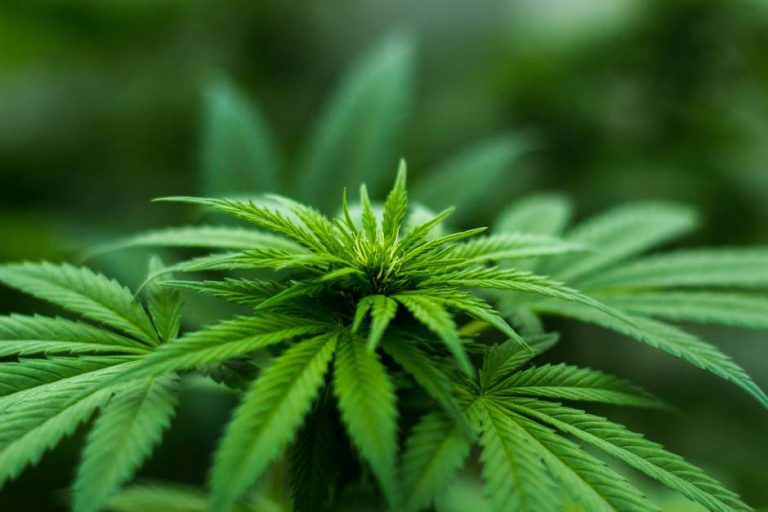Recreational Cannabis
The Time Party acknowledges, respects and welcomes the availability of medicinal cannabis containing the active ingredient Tetrahydrocannabinol (THC) on prescription from 1 November 2018.
We believe that there is ample justification for the holding of a referendum on the legalisation of cannabis as a recreational substance.

An update to this policy is due for release shortly.
The Time Party acknowledges respects and welcomes the availability of medicinal cannabis containing the active ingredient Tetrahydrocannabinol (THC) on prescription from 1 November 2018 as a first step towards the holding of a nation-wide referendum in the United Kingdom on the legalisation of cannabis as a recreational substance.
With other countries rapidly moving towards the legalisation of cannabis as a recreational substance – Uruguay (from July 2017), Canada (from 17 October 2018), and the American states of Washington, Oregon, California, Nevada, Alaska, Colorado, Vermont, Maine, Massachusetts together with the District of Columbia – it is now time for the UK to consider the benefits or otherwise of legalisation.
In addition to the medicinal benefits, there are considerable societal, judicial, environmental and economic advantages in favour of legalisation, as follows:
-
Societal: There would be a noticeable drop in gang turf conflict to command the control of supply. A regulated supply would result in fewer users ingesting cannabis laced with noxious substances. It would also ensure that purchases of pure products occurred at safe, designated, licensed outlets, and the products would be clearly labelled with type, THC strength, flavour and origin.
-
Judicial: There would be a huge reduction in the police time spent on capturing, interviewing and processing cannabis dealers.
-
Environmental: Benefits of the cannabis plant hemp are astounding as it is a raw material from which paper can be produced and it also has many other uses: textiles, biodegradable plastics, fuel, food and rope. In addition, hemp has greater regenerative advantages than the growing of trees and does not require herbicides in all environments. Hemp Tech Global says that hemp breathes in four times the carbon dioxide of trees during its quick 12-14 week growing cycle. Trees take 20 years to mature, by comparison, and the world’s forests are being cut down three times faster than they can grow. Good Hemp Food says hemp replenishes the soil with more nutrients than it takes out to grow.
-
Economic: The Institute of Economic Affairs (IEA) has conducted substantive analysis of the economic benefits of cannabis legalisation and in the box below you will see the Time Party’s appraisal.
In the IEA’s report dated 29 June 2018, entitled ‘Joint Venture’, the institute estimates the size and scope of the UK Cannabis Market. The potential is vast.
They suggest that 255 tonnes of cannabis were sold in the UK in 2016–17 at a street value of £2.6bn to three million customers on the black market. The IEA calculates that, following legalisation of a limited THC product, with sales at a pre-tax retail price of £4 per gram, demand would rise to at least 321 tonnes per year.
If 95% of the entire UK market was licensed cannabis (with a THC level capped at 15%), bearing in mind that there may well still be a black market for high level THC cannabis, it would produce tax revenues of £495m (VAT + 10% tax), £557m (VAT + 20% tax) or £690m (VAT + 30% tax). The total market size in these cases would be 339, 329 and 321 tonnes respectively.
At the highest suggested rate of 30% there would be a lower share of tax than is already paid on a packet of cigarettes, a litre of petrol or a bottle of spirits. Any higher tax placed on cannabis could risk making the black market more attractive to the purchasers, which would negate the knock on effect savings to be made in the NHS and other services, such as policing which previous IEA studies suggested would be a minimum of £300m per year. Added to the tax revenues of £690m and all other VAT, income tax and business taxes created by the legal industry, a £1bn per annum income to the Treasury could easily be surpassed.
It should be noted that there is already a trade association in existence in the UK: the Cannabis Trades Association UK, which advocates nationwide regulation. This body is recognised by both the Home Office and the Medicines & Healthcare products Regulatory Agency (MRHA).
In 2016, according to the International Narcotics Control Board (INCB) of the United Nations, the UK was the world’s largest producer, exporter and stock holder of legally grown cannabis. We produced 95 tonnes that year (up 127.8% on 2015), exported 2.1 tonnes (fully 67.7% of total global exports) and held a stock in the UK of 93.1 tonnes, almost four-fifths of the total global stock (78.2%). And yet, thoroughout this period, both medicinal and recreational cannabis use has continued to be illegal in the United Kingdom.
Conclusion: As can be seen, the justification for the holding of a nationla debate and referendum in the United Kingdom on the legalisation of cannabis is impactive.
Newsletter
Jump to :
Animal Welfare
Banking Reform
Defence
Education
Energy
Environment
Farming
Fisheries
Foreign Relations
Health
Housing
Immigration
Industry
International Aid
Justice
Pensions
Prison Reform
Recreational Cannabis
Reform of the United Kingdom
Sport & Leisure
Tackling Knife Crime
Tax
Trade
Transport
Veterans Affairs
Voting System Reform
 The Time Party
The Time Party